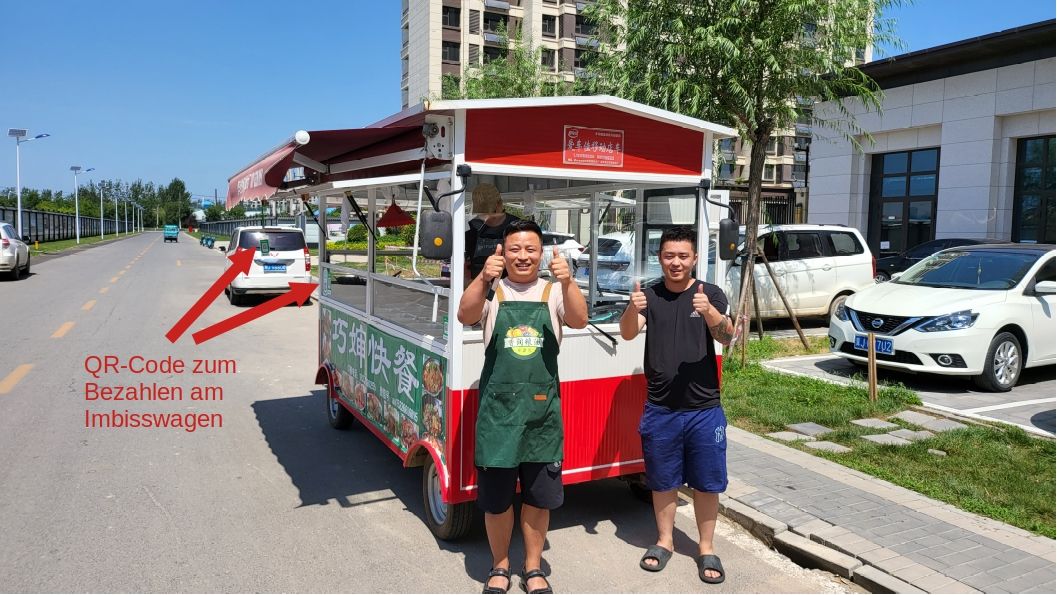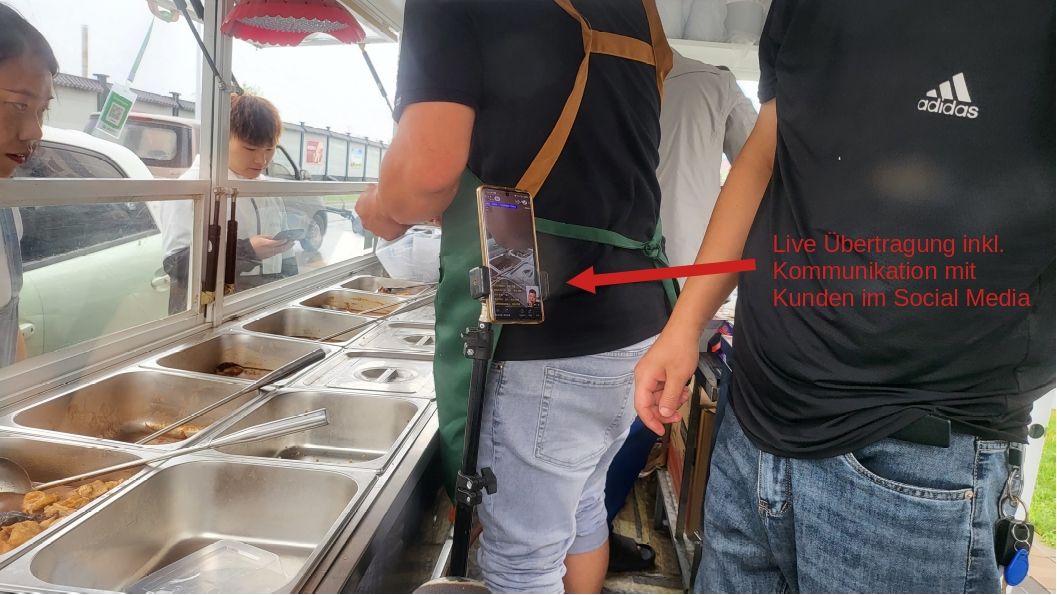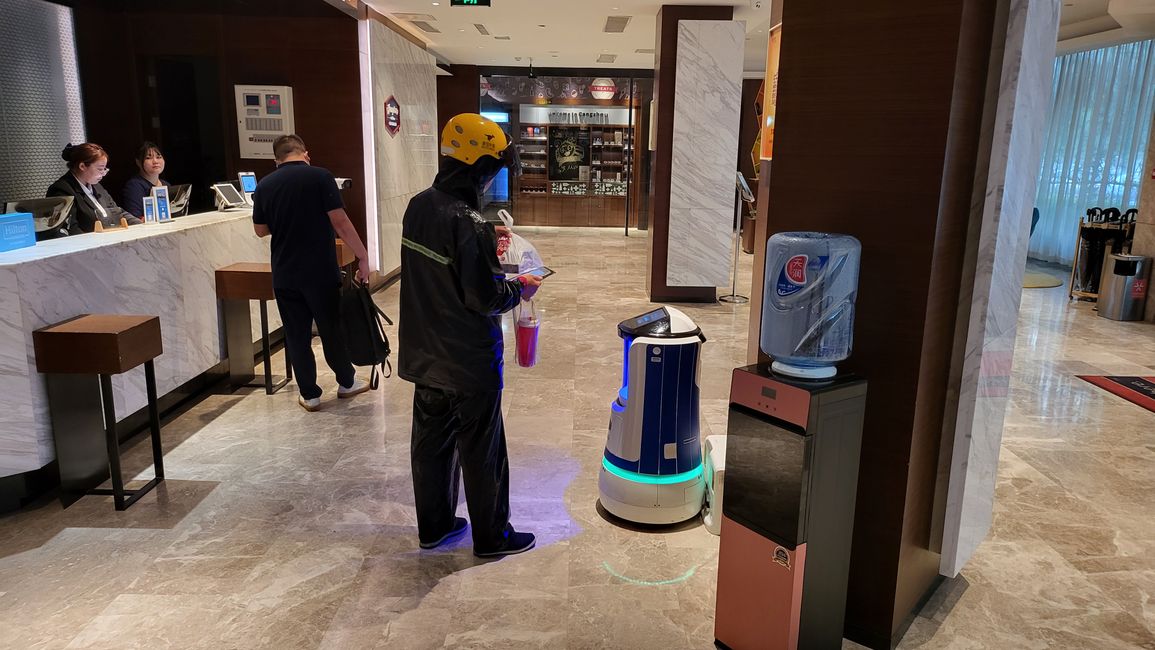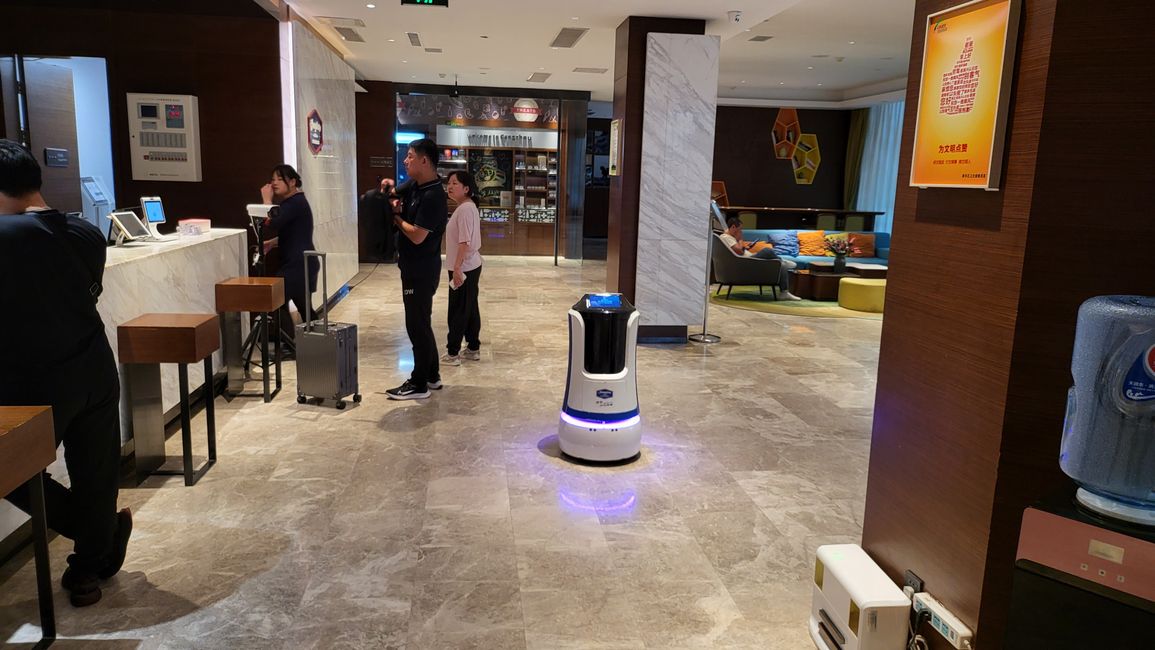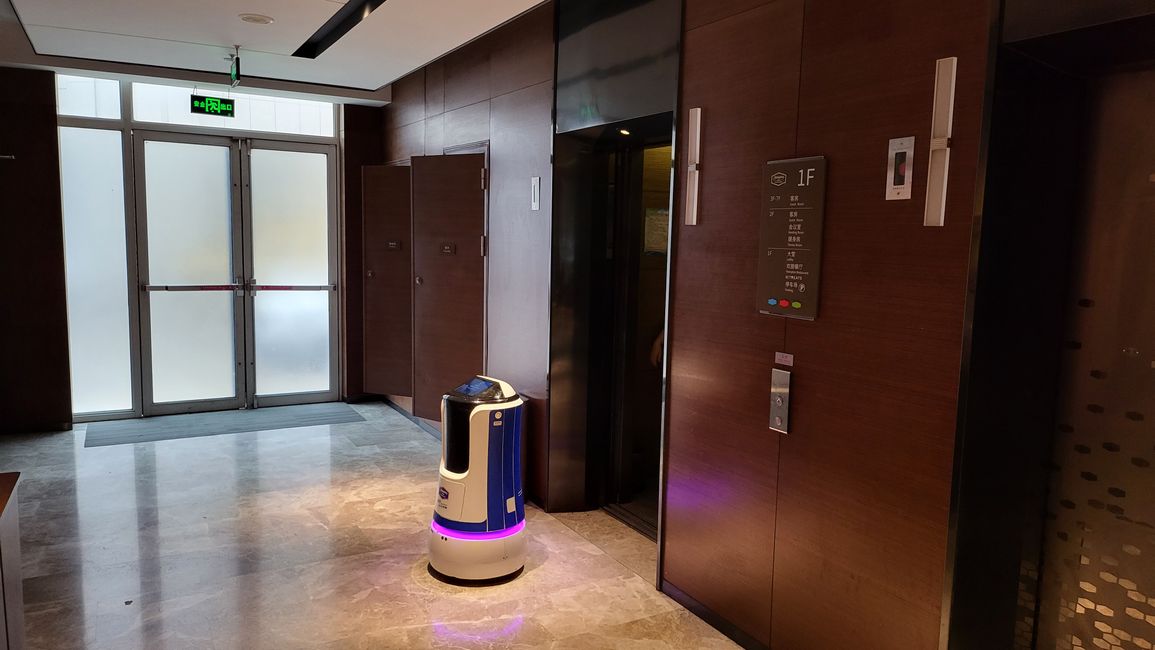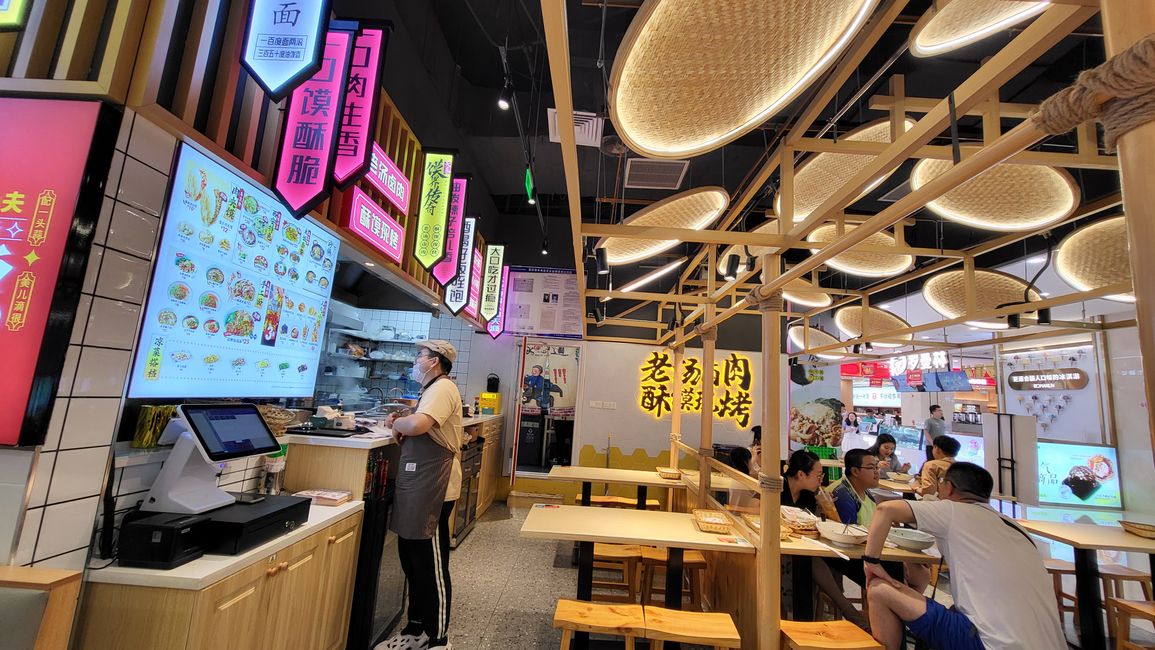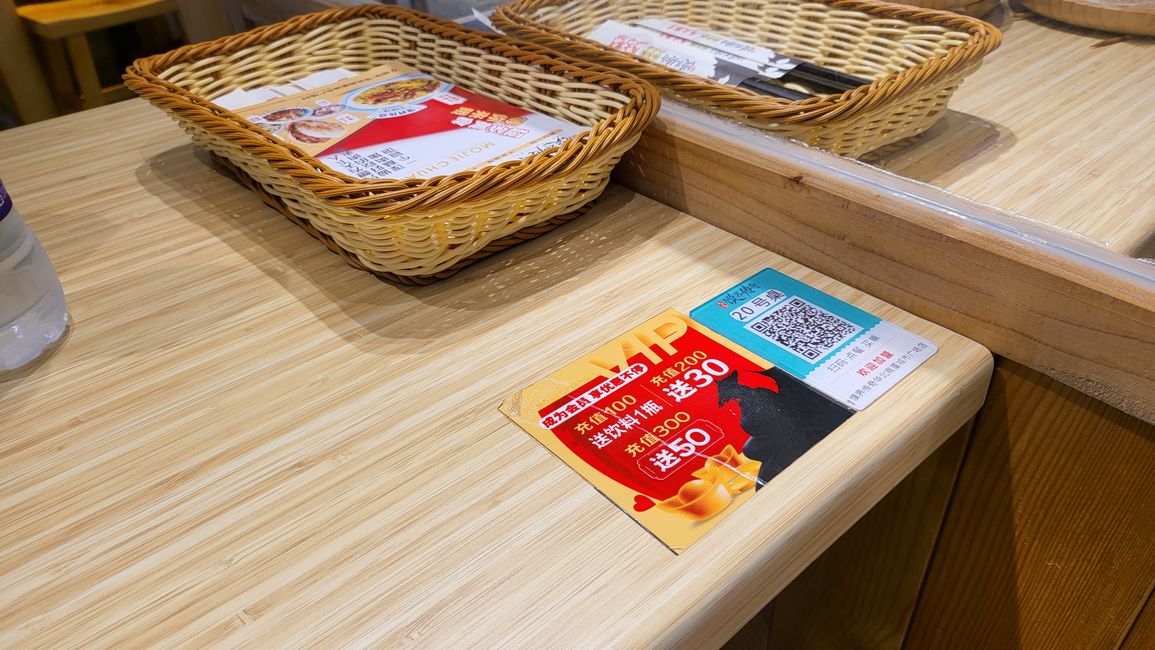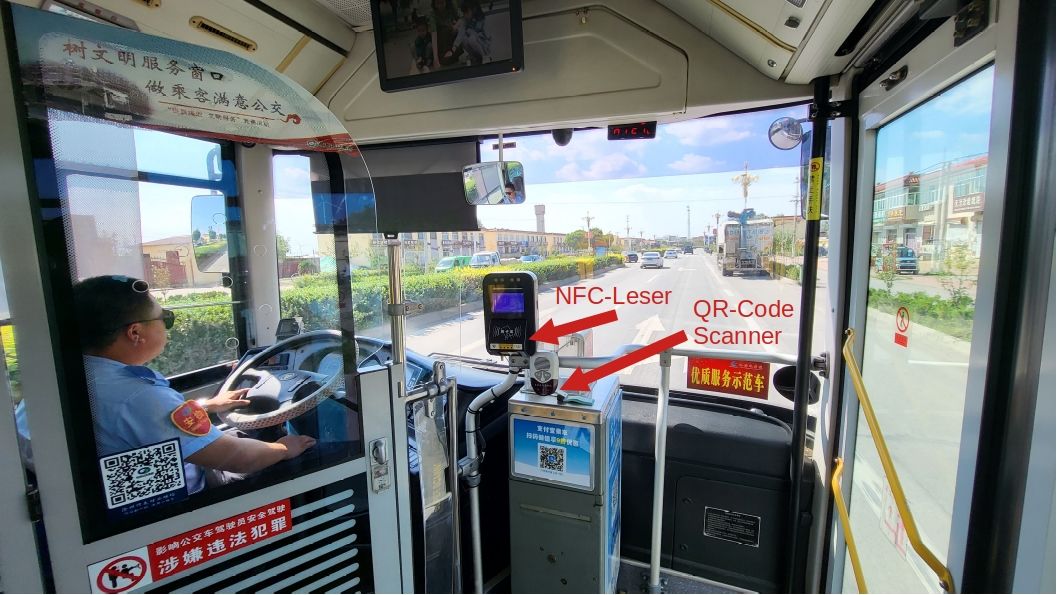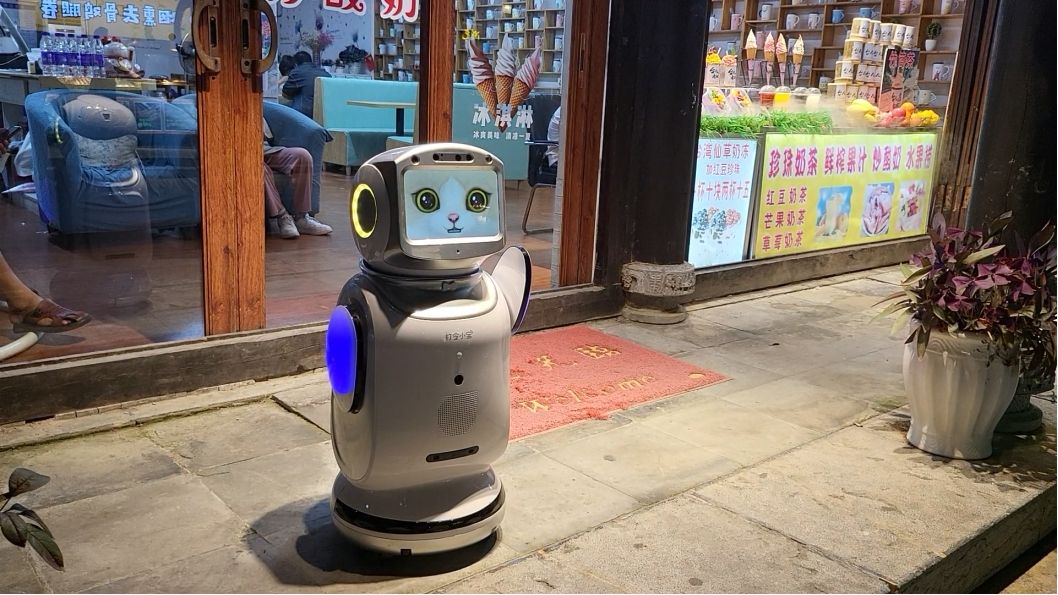
Xiefuzi Reise Blog
vakantio.de/xiefuzi-reise-blog
Innovative China
Wotae: 14.08.2024
Many people in the Western world claim that China's economy is characterized by copying and plagiarism. However, many overlook the fact that this development has a great cultural background. The pursuit of improvement and the quest to create the best methods and products has led to a search worldwide to learn from others. There is an openness to different solutions and an attempt to bring better things into one's own environment. As thinking in China tends now to lean towards societal benefit, there has been little consideration for private copyrights, and the best methods were simply implemented.
But that is now history. Since China joined the WTO (World Trade Organization), a strict copyright and patent law has been gradually introduced. Violations are pursued consistently. Furthermore, China is no longer reliant on such plagiarism methods, as it has taken technological leadership in many areas or produces its own highly technological machines and products. Chinese scientists are already among the most cited worldwide for their publications, and in many fields (e.g. solar, electric vehicles, sensor technology), the country has become a technology leader. In digitalization-oriented patent applications, China is also already in first place in the world and has even surpassed Germany in biotechnology patent applications.
This technological advancement is visible everywhere in China. In hotels, food deliveries are not carried by service personnel to the floor, but rather the food ordered and paid for via a smartphone app is placed in a small robot by the delivery person, who inputs the room number and the robot gets to work. It travels to the elevators, which it can control, and thus can choose the floor itself, drives to the hotel room door, rings the doorbell using the built-in function, and delivers the food to the customer.
Even outside an ice cream parlor in Tai’erzhuang, one is not simply handed a flyer, but a robot greets guests at the door and tries to chat them up with all its persuasive skills and promote the products to lure them into the establishment.
Bus and train tickets can be purchased quickly, clearly, and conveniently with a smartphone. In city buses, the “ticket” can be easily scanned with the QR code scanner upon entry. You just select the corresponding city in the Alipay app, and the correct QR code is displayed; this works seamlessly in Cangzhou, Beijing, or other cities. There is no need to painstakingly search for tariff levels and ring areas. The app also boasts a convenient translation function, making operation significantly easier for foreigners.
Taxis can also be ordered via this app, and once accepted by a taxi driver, the color of the vehicle and the license plate are displayed. You can now track where the taxi is on your smartphone on a map, thus better estimating the arrival time. To identify yourself to the taxi driver, you tell them the last four digits of your mobile phone number, which they enter into their touchscreen to confirm they have the right passengers on board. Further conversation with the taxi driver is unnecessary, as they know the destination through the app, and payment is also processed there. Thus, foreign travelers without knowledge of the Chinese language can use taxis without any problems. In some restaurants, the menu display, ordering, and payment can also be done using QR codes at the table via an app or website. Cash is hardly seen in China, as all payments are made via smartphone. Even in rural areas, QR code payments have spread to village farmers' markets. The advantage of the whole system is that basically two apps suffice to make all payments: WeChat Pay (Weixin Pay) and Alipay.
In addition to the use of QR codes, live broadcasts on social media are widespread. Even the food truck outside our residential complex broadcasts views of the food and advertises the delicious offerings, while also interacting with customers.
Ŋuɖoɖo

Mɔzɔzɔ ŋuti nyatakakawo China

